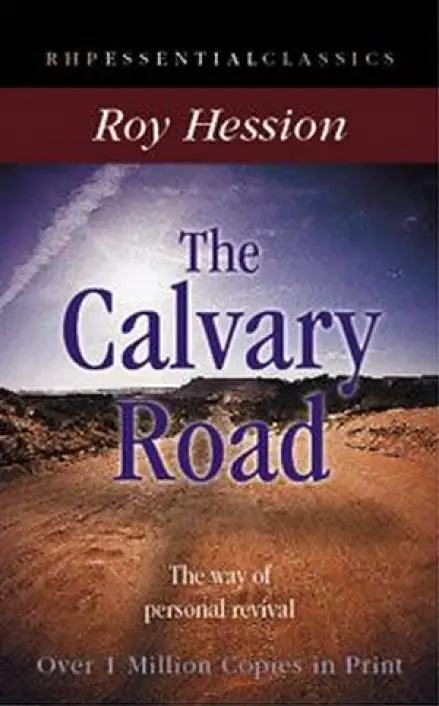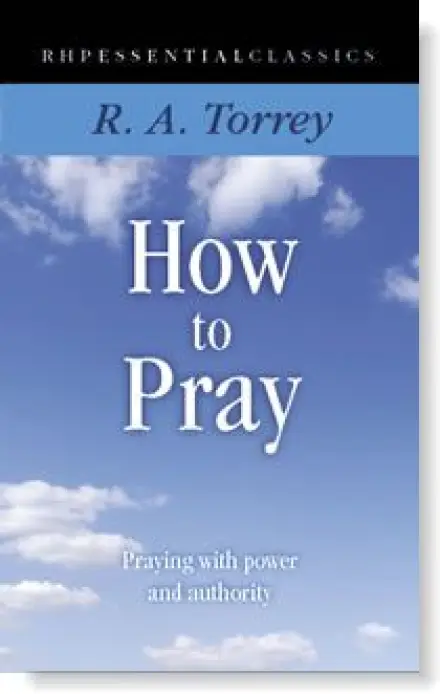- For readers who want a sweeping story and powerful messages
- The Pilgrims's Progress is held by many as the seminal Christian novel
- Discover the book that inspired great writers like C. S. Lewis
The true nature of the Christian life -one of exciting adventure beset with dangers and difficulties - is brilliantly portrayed in Bunyan's classic allegory. The author vividly portrays key features of Christian experience, such as the Slough of Despond, and familiar characters, such as Mr. Worldly Wiseman, in a way that brings encouragement, warning and correction to every believer.
In this edition, an attempt has been made to make the text as clear and readable as possible whilst retaining the original language of Bunyan?s day. Explanatory notes and a short biography are also included.
"Next to the Bible, the book I value most is Pilgrim?s Progress. I believe I have read it through at least a hundred times. It is a volume of which I never seem to tire; and the secret of its freshness is that it is so largely compiled from the Scriptures. It is really Biblical teaching put into the form of a simple yet very striking allegory."
- C. H. SPURGEON
-
Title
The Pilgrim’s Progress
-
Author(s)
-
Series
-
ISBN
9781905044252
-
Format
Paperback
-
Publisher
-
Topic
Spiritual Warfare
-
Audience
Adults
-
Pages
411
-
Published
01/07/2010










